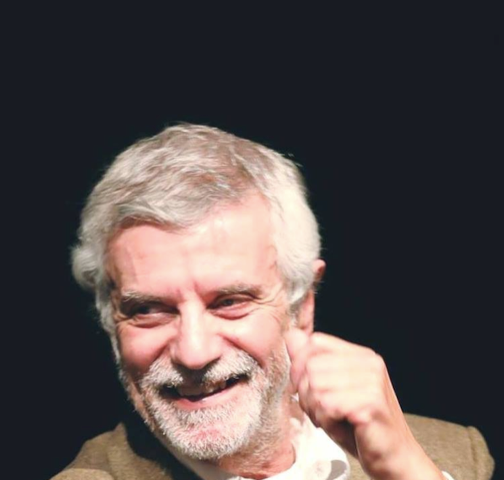Carlos Alberto Augusto

Abstract
Music and responsible design
Music is without a doubt one, if not the most important trait of the human species. Distinguishable to the point of being considered by some authors as a species-specific trait. Music does go with us from birth to death, and there’s hardly an aspect of our lives that is not sustained by music or generates music of some sort.
Music is the outcome of a complex and inseparable process, which involves our response to sound, on the one hand, and the particular cultural, geographical, political, sociological, and economic conditions under which human societies live. The current musical practice seems to destroy instead of preserving this unity, separating the musical object from its inner workings. Although music is in a golden age, with an increasing number of practitioners and ever-growing audiences, its impact has probably never been so feeble. That is particularly evident in its absence from addressing the current major issues that challenge contemporary societies.
Biography
Carlos Alberto Augusto e a composer, sound designer, lecturer and acoustic communication specialist.
Head of the Noise Control division of the Environmental Studies Service of the Portuguese Secretary of State of the Environment, which later became the Division of Noise Control of the Ministry of the Environment and former member of the Portuguese Standards Committee.
Founding member of the Portuguese Acoustics Society and the World Forum of Acoustic Ecology. Worked with Canadian composers R. Murray Schafer and Barry Truax. Under Truax’s supervision completed an MA at Simon Fraser University (Vancouver, BC, Canada). Curator the Music and Sound Arts program of Coimbra, Capital Nacional da Cultura 2006. Author of numerous articles on music, sound arts and acoustic communication, and the book “Sounds and Silences of the Portuguese Soundscape” (FFMS, 2014). Composer of music, including instrumental, electroacoustic and mixed media, opera and music-theatre. Very active in music and sound design for theatre, video, cinema and interactive media. Member and founder of several groups in the area of jazz, improvised and electroacoustic music. Video director focused on education and advertising, and writer for several Portuguese newspapers and magazines.
Philip Auslander

Abstract
Musical Persona as Creation
For almost twenty years, I have been engaged in an ongoing research project around the concept of musical persona, the subject of my new book, In Concert: Performing Musical Persona. I use the term persona to designate the musician’s presentation of self in the identity of a musician and have argued for seeing this persona as the central creation of musical performance. I look at musicians as social beings in the sense that to be a musician is to perform an identity in a social realm that is defined in relation to the realm, which I define primarily in terms of genre. Musical persona is performative in that it comes into being in performance. What musicians perform first and foremost is not music but their own identities as musicians, their musical personae.
In my presentation, I will look at the centrality of persona in the creative process of musical performance by examining the role of the performer in John Cage’s notorious 4’33” (1952). The conventional view of this work is that Cage used the performer as a means of focusing the audience’s attention on ambient sound to assert his premise that there is “no such thing as silence” and that any sound can be framed as music. I will argue that the opposite is the case, that the absence of conventional musical sound places attention squarely on the performer. 4’33” thus becomes a singularly pure example of the creation of musical persona through performance.
Biography
Philip Auslander is a Professor of Performance Studies and Popular Musicology in the School of Literature, Media, and Communication of the Georgia Institute of Technology (Atlanta, Georgia, USA). He is the author of numerous scholarly articles and seven books, including Presence and Resistance: Postmodernism and Cultural Politics in Contemporary American Performance (University of Michigan Press, 1992), From Acting to Performance: Essays in Modernism and Postmodernism (Routledge, 1997), Liveness: Performance in a Mediatized Culture (Routledge, 1999; 2nd edition 2008), Performing Glam Rock: Gender and Theatricality in Popular Music (University of Michigan Press, 2006), Reactivations: Essays on Performance and Its Documentation (University of Michigan Press, 2018), and In Concert: Performing Musical Persona (University of Michigan Press, 2021). In addition to his scholarly work on performance and music, Prof. Auslander has written art criticism for ArtForum and other publications and regularly contributes essays to exhibition catalogs for museums in Europe and North America, including Tate Modern, The Whitney Museum of American Art, the Migros Museum, and the Walker Art Center. He is the Editor of The Art Section: An Online Journal of Art and Cultural Commentary, and also a screen actor and writer. “Dr. Blues,” a short film Auslander wrote, produced, and acted in, premiered at the Peachtree Village International Film Festival in Atlanta in October of 2019.